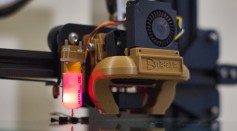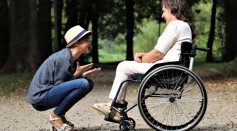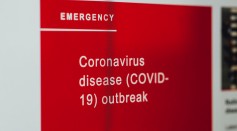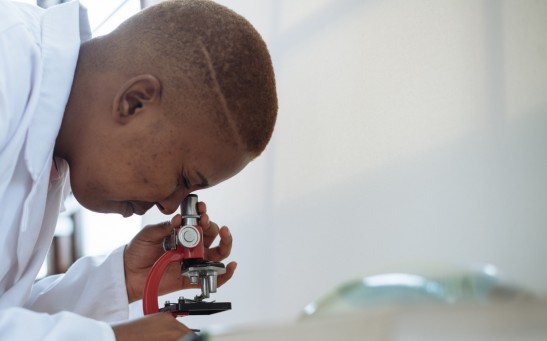Isabella Beltran
First-Ever Sea Slug Decapitation and Whole Body Regeneration Reported

CDC Warns That Majority of COVID-19 Hospitalization, Ventilator Use, and Deaths Come From Overweight Americans

Side-Effects of Fructose Consumption Explained: How It Affects Immune System and Obesity

Survey Shows How Humans Dominated a Majority of Freshwater Resources

In 1 Billion Years, Experts Predict That The Earth Will Lose All Its Oxygen
Astronauts Use Their Green-Thumbs in Zero-Gravity Vegetable Garden Aboard the ISS

3D Printing of Human Organs May Happen Sooner Than Expected According to Research

Neuralink, Elon Musk's Brain Microchip for Aiding Paralysis and More
Microbiome: The Complex Ecosystem of Viruses and Bacteria

Fat and Fit: Fatphobia and Body-Shaming Silently Influcneces Obesity Research
Fungus is the Achilles Heel of the Invasive Tree of Heaven

Dance Your Ph.D. 2020 Contest Winner: Rapping Scientists Grab Award for Molecular Clusters Performance

COVID-19 Co-Infection: Will it Lead to Severe Cases?
Britain's Large Moth Populations Declined by a Third Over a 50-Year-Period, Worrying Environmentalists
Most Popular

How Technology Is Changing the Real Estate Industry?

Study Reveals High Turnover in Scientific Research Careers: What This Means for Future Scientists

How a Plant-Based Diet Can Protect Against Breast Cancer: Insights from Nutrition Research

Nikolay Karpenko Biography, Photo, Career, Accomplishments






